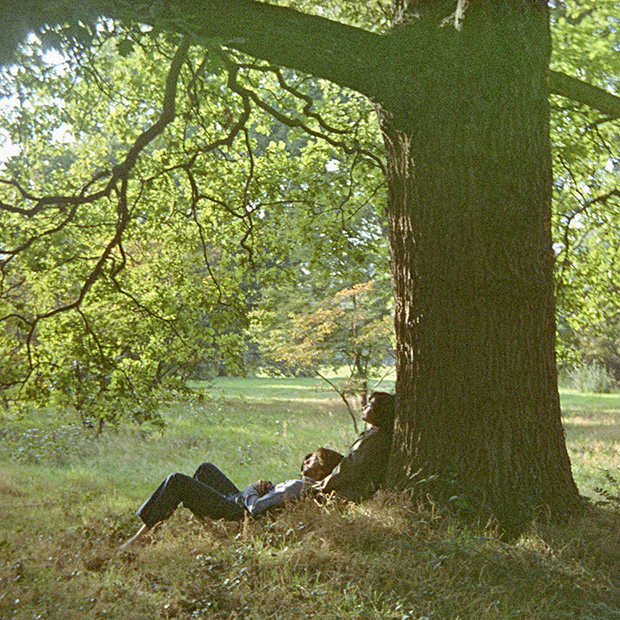|
|
|
|
Over the last few years I've found myself constantly returning to the John Lennon/Plastic Ono Band record. More and more I think of it as some sort of musical utopia or an ideal of what art should and can be, and how music should be presented. This first solo album was recorded in October 1970, just a few months after John Lennon underwent Primal Therapy with Arthur Janov in Los Angeles. The effects of the therapy are easy to hear on the album. The repressed pain and trauma of John's childhood are spelled out clearly in 'Mother'. Never has pain been so clearly expressed on a rock and roll album. The beauty of Lennon's work is the simplicity and directness of language, which is matched here for the first time by simplistic arrangements. Long gone is the studio "trickery" which Lennon had accused George Martin of. The stripped-down nature of the album is even more remarkable when you consider that the psychedelic tour-de-force 'Strawberry Fields Forever' was recorded only three years earlier. It's a challenging album to listen to for the layman because there is little harmony or musical sophistication to be heard. Here are the primary colours of rock at their most vivid, the sound of a man using his art to confront and rid himself of his own demons. Why this album doesn't top every list of all-time greatest albums is beyond me. But, we seem to live in a world obsessed with the surface of things rather than what is actually being expressed, where decisions about music can be made in a matter of seconds based purely on sound. There is no way that the masses would revere an album that is sometimes downright painful to listen to, something that hardly classes as entertainment. Richard Starkey's drumming is as perfectly understated as ever. He really is the perfect accompanist in many ways. I mean, who has ever noticed that there are drums on "Norwegian Wood"? Never are there more than three instruments heard on any track and those elements are wonderfully stripped back to the bare minimum. There is an economy about this music, almost as if no notes or beats are allowed to go to waste. The blank canvas of The Beatles White Album would have been a perfectly appropriate cover in many ways. John had almost completely ostracised himself from the general public by 1970. His relationship with Yoko Ono, his drug conviction, and mis-quoted statements about Jesus Christ had made the public distrustful of his motives, and without the shroud of The Beatles, John was really out on his own. The album is almost a denouncement of absolutely everything other than love. Despite this he is still keen to play the everyman, in the Lennon tradition, with a song like 'Working Class Hero'. Plastic Ono Band has none of the avant-garde leanings of Two Virgins or Life With The Lions. This is strictly art as opposed to entertainment and is the antithesis of intellectualism, which John rebelled against so much at the beginning of the 70s. Published at the same time as the album's release, The Rolling Stone interview in which John renounces his work with The Beatles is almost as notorious as the album itself. There really was nowhere left for John to run after this album. His soul is laid bare to the world. This is the most vulnerable music I've ever heard, recorded when John was at the height of his fame, and it's hardly a surprise that he went into an early retirement only five years later. It is a creative peak, one seldom matched in music. |
|






